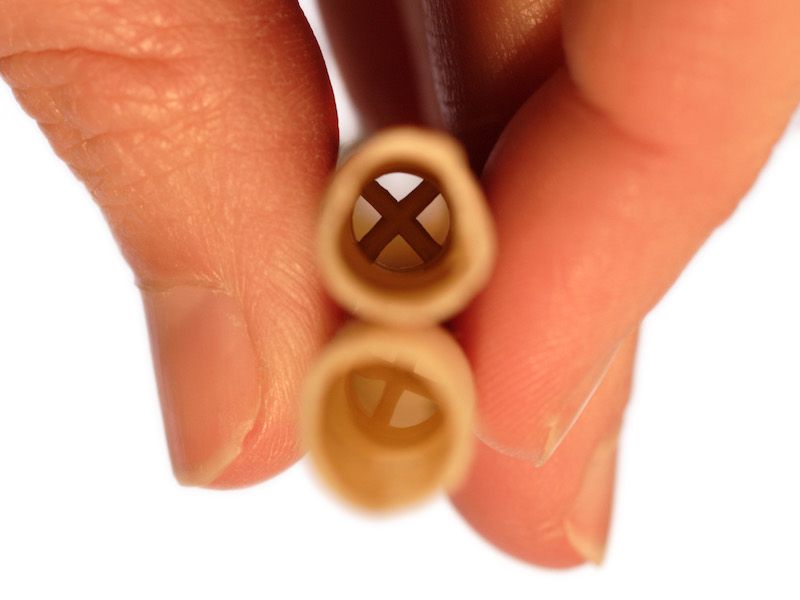
In some groups, the practice known as “ear candling” is persistently believed to be a good way to reduce earwax. Does ear candling work and what is it?
Is Ear Candling Effective?
Spoiler alert: No. They absolutely don’t work.
Why then do otherwise rational people persistently think in this pseudo-science. It’s hard to say with much accuracy. But even though the sensible decision is quite clear, learning more about the dangers of earwax candling will help us make an informed choice.
What is Earwax Candling?
So here’s the basic setup: Maybe you have too much earwax and you’re not really sure how to get rid of it. You know you’re not supposed to use cotton swabs (which is good, cotton swabs are not an ideal way to clear out your ears, in most cases). So, after doing some research, you discover a method known as earwax candling.
Earwax candling supposedly works as follows: By inserting a candle into your ear (wick side out), you cause a pressure differential. The wax in your ear, then, is pulled outward, towards the freedom of the open world. In theory, the pressure difference is enough to break up any wax that might be log-jamming in your ear. But this hazardous technique is not a smart way to clean your ears.
Why Isn’t Ear Candling Effective
This practice has several issues, including the fact that the physics simply don’t work. It would require a considerable amount of pressure to move earwax around and a candle just isn’t capable of creating that kind of pressure. Second, producing that kind of pressure difference would call for some kind of seal, which doesn’t happen during candling.
Now, the candles used in these “procedures” are supposed to be special. When you’re done with your fifteen minutes of ear candling, you can break apart the candle and, in the hollow, see all bacteria, debris, and wax that had previously been in your ear. The only problem is that the same detritus shows up in both burned and unburned candles. So the whole practice amounts to fraud.
Earwax candling hasn’t been proven by science to have any benefit at all.
So Earwax Candling Doesn’t Work, But How Safe is it?
So, you might as well give it a shot, right? Well, whenever you get hot candle wax around your ears, you’re looking for trouble. Look, it’s very possible that you could try ear candling and walk away completely unscathed. People do it all of the time. But that doesn’t mean there aren’t risks involved, and it certainly doesn’t imply that ear candling is safe.
Here are a few negative impacts of ear candling:
- Once the wax cools it can block your ear canal. This can cause temporary hearing loss or, in the most extreme cases, call for surgery.
- Severe burns to your inner ear. When melted candle wax goes into your ear, it can result in serious hearing problems and burns. This could permanently jeopardize your hearing in the most extreme cases.
- You could cause severe injury when you mess around with an open flame and potentially even put your life in danger. You wouldn’t want to burn your house down, would you? It’s not worth the danger to try this useless technique of wax removal.
You Can Keep Your Ears Clean Without Needing a Candle
Most people will never actually have to worry about cleaning earwax from their ears. That’s because your ears are really pretty good at cleaning themselves! Nevertheless, there are a few people who will have uncommonly heavy earwax production or buildup to contend with.
If you do need to clean out your ears due to too much wax, there are scientifically-proven (and effective) methods to do that safely. For example, you could get a fluid wash. Or you might see a professional who will be able to use specialized tools to get excess wax or wax blockages out of the way.
You should continue to stay away from cotton swabs. And open flames are not good either. Earwax candling isn’t effective, and it can create risks that will put your comfort and your hearing in significant jeopardy. Try burning candles for their sent or for enjoyment but not as a method to clean your ears.
